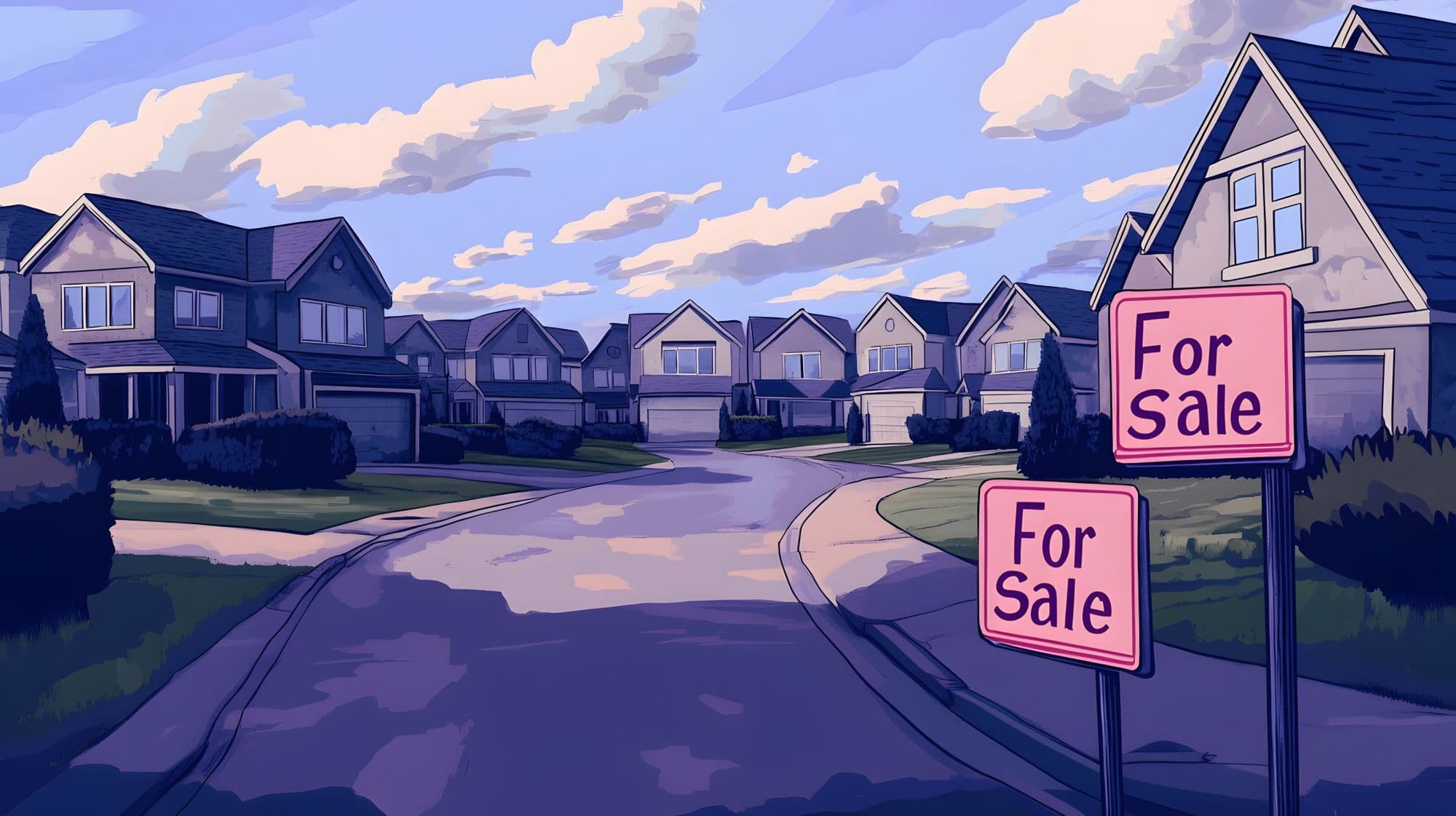![How Long Does it Take to Close on a House? [2024 Guide]](/_next/image/?url=https%3A%2F%2Fs3-us-west-2.amazonaws.com%2Fwhatsmypayment.com%2Fcontent%2Fimages%2F2024%2F09%2FHow-Long-Does-it-Take-to-Close-on-a-House---2024-Guide-.jpeg&w=3840&q=75)
How Long Does it Take to Close on a House? [2024 Guide]
Discover how long it takes to close on a house, with a breakdown of each stage in the process, factors that may cause delays, and tips to speed things up. Learn what to expect to make your home-buying experience smoother.

Buying a home is a major milestone, and once your offer is accepted, you’re likely eager to get those keys in hand. But how long does it actually take to close on a house? The closing process can take anywhere from a few weeks to over a month, depending on several factors. Let’s break down the average timeline, what influences it, and how you can help move things along.
What is the Closing Process?
The closing process is the final step in home buying, where ownership of the property is officially transferred from the seller to the buyer. It includes:
- Signing final documents
- Finalizing your mortgage
- Paying closing costs
- Conducting a final walkthrough of the home
How Long Does It Take to Close on a House?
On average, it takes 30 to 45 days to close on a house once the purchase agreement is signed. This timeline can vary depending on factors like financing, inspections, and title work. Here’s a closer look at the stages involved:
1. Mortgage Pre-Approval (1-3 Days)
Before you make an offer, it’s crucial to get pre-approved for a mortgage. This step ensures you know how much house you can afford and shows sellers you’re a serious buyer. In most cases, a pre-approval can be done within a day or two.
2. Home Inspection (7-10 Days)
After your offer is accepted, scheduling a home inspection is one of the first steps. Inspections typically take place within 7-10 days of the offer, depending on the availability of the inspector and any follow-up negotiations based on the findings.
3. Appraisal (7-14 Days)
Your lender will require an appraisal to ensure the property is worth the amount you’re borrowing. The appraisal is usually ordered after the inspection and can take one to two weeks to complete.
4. Title Search and Insurance (1-2 Weeks)
The title company will perform a search to verify the property’s ownership and ensure there are no outstanding liens. Once the title is clear, you’ll need to purchase title insurance. This process typically takes 1-2 weeks.
5. Mortgage Underwriting (2-3 Weeks)
During underwriting, the lender will review your finances to confirm you qualify for the loan. This step can take 2-3 weeks depending on the complexity of your financial situation and any issues that arise with the property.
6. Final Walkthrough (1 Day)
A few days before closing, you’ll do a final walkthrough of the home to ensure everything is in order. This step typically only takes a day, but any issues discovered during the walkthrough could delay closing.
Factors That Can Delay Closing
While most closings take around 30-45 days, several factors can cause delays:
- Financing issues: If your loan hits a snag, like a change in your financial situation or a low appraisal, it can slow down the process.
- Inspection problems: Major issues discovered during the inspection might require renegotiation or repairs, adding time.
- Title issues: If the title company finds any ownership disputes or unpaid liens, this could take time to resolve.
- Document errors: Even a simple mistake on paperwork can cause a delay if corrections are needed.
Can You Speed Up the Closing Process?
While some parts of the closing process are out of your control, there are a few things you can do to help speed it up:
- Get pre-approved before shopping for homes.
- Respond quickly to requests for documentation from your lender or title company.
- Stay on top of inspections and appraisals to avoid delays.
- Keep your finances stable—avoid opening new credit accounts or making large purchases during the closing period.
Wrapping Up
Closing on a house is an exciting yet complex process that typically takes 30-45 days. While this timeline can be affected by various factors, being prepared and responsive can help you get to the finish line faster. Whether it’s making sure your documents are in order or getting ahead of inspections, staying proactive is key to closing on time.
If you’re planning to buy a home soon, understanding what to expect during the closing process can help you navigate it smoothly. For more information on home buying, mortgages, and everything in between, check out our other guides on What’s My Payment.
Frequently Asked Questions (FAQs)
Can closing take less than 30 days?
Yes, it’s possible to close in less than 30 days, especially if you’re paying cash or have a streamlined mortgage process. However, most transactions will still take around a month.
Why does the underwriting process take so long?
Underwriting involves a detailed review of your financial documents, credit history, and the property itself. Delays can occur if there are issues with any of these factors or if additional documentation is required.
What happens if the seller can’t close on time?
If the seller is unable to meet the agreed-upon closing date, both parties may need to renegotiate the contract or agree to an extension. In some cases, the buyer may have the option to back out of the deal.



![When Will Mortgage Rates Go Down? [2025 Guide]](/_next/image/?url=https%3A%2F%2Fs3-us-west-2.amazonaws.com%2Fwhatsmypayment.com%2Fcontent%2Fimages%2F2025%2F03%2FWhen-Will-Mortgage-Rates-Go-Down---2025-Guide-.jpeg&w=3840&q=75)




